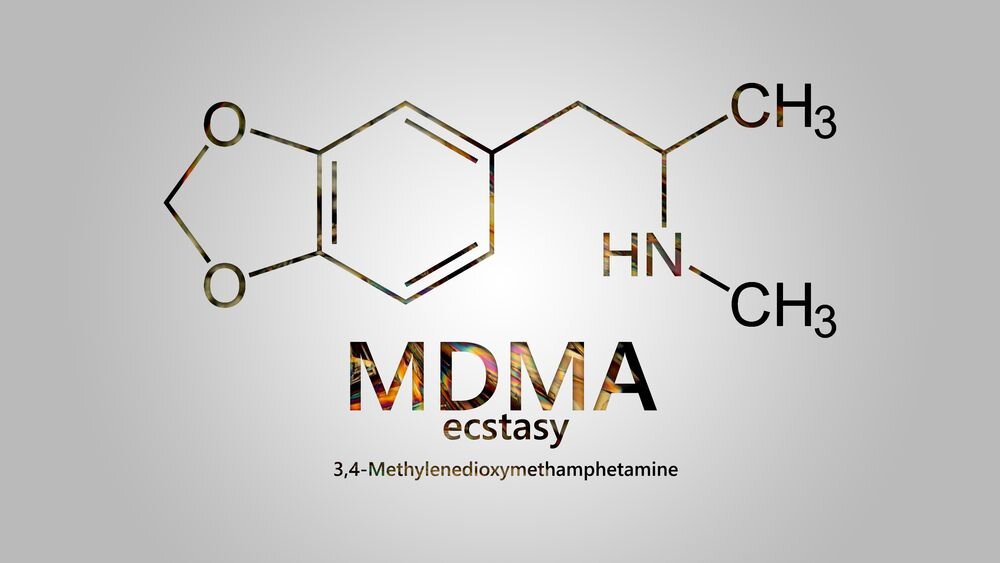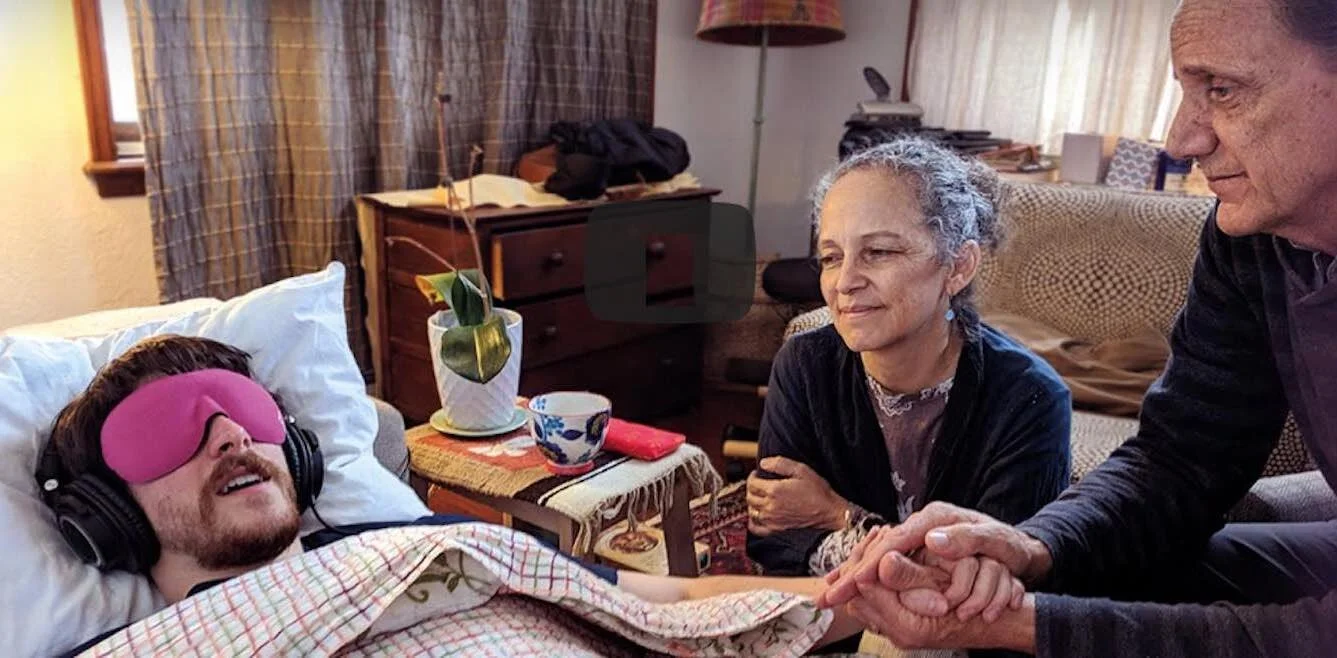MDMA Renaissance in Mental Health
While I have previously written about trauma and the healing potential of psychedelics/ non-ordinary states of consciousness, MDMA-Assisted psychotherapy brings together two modalities into a powerful healing catalyst which is nothing short of a game changer for mental health.
Now in the final stages of regulatory approval - MDMA is moving into the forefront of trauma treatments as a way to effectively process traumatic memories and help reset the nervous system. By combining the latest neuroscience research in understanding how trauma affects the body, together with MDMA (3,4-Methylenedioxymethamphetamine) patients can process huge chunks of old traumas, many of which are often stored in the body and sometimes unreachable by talk therapy alone.
More generally, MDMA has historically gotten a bad rap - often used as club drug, greatly proliferating in the 80’s and 90’s under the name Ecstasy or Molly. Before escaping the clinical setting, MDMA was used by therapists as an adjunct to psychotherapy. This process helped facilitate feelings of safety, connection and bonding in the clinical setting - strengthening the ability of therapists to help clients deeply process old material that still lived with them.
In the wake of the failed drug war and following a DEA (Drug Enforcement Agency) ruling in the late 80's that banned MDMA from any further clinical studies, its potential laid dormant and out of reach of researchers. Over the last thirty years, Rick Doblin and his non-profit MAPS (Multi-disciplinary Association for Psychedelic Studies) have taken this drug through the windy road of clinical trials, in an effort to have the DEA reschedule MDMA. Through rigorous testing and a scientifically oriented method, MAPS is in the process of demonstrating just how safe and effective MDMA is for helping people resolve traumas. If successful, they will be the first non-profit pharmaceutical company to take a drug through clinical trials from purely donated funds.
As of today we are in the final stages of clinical trials (phase 3) as MDMA is on the way towards hopefully being rescheduled by the Federal government. If this were to happen, therapist and doctors specially trained in this modality could use MDMA in a very controlled and structured setting, helping people heal from (PTSD) Post Traumatic Stress Disorder and other forms of trauma.
To get an idea of how it works, a typical MDMA-assisted psychotherapy session runs between 6-8 hours long and includes two therapists to assist the process. Before and after the MDMA sessions, therapists meet with patients in order to help set up a proper container and fully prepare and integrate the outcomes of the experience. Using MDMA as a catalyst to support a natural healing intelligence within the mind/body, traumatic memories can arise with less fear and overwhelm, as therapists and client work through them. The overarching idea of this framework is to have clients go through three MDMA sessions over the span of the treatment in order to help fully process and resolve their traumas.
The trials thus far have helped many US Veterans have a second chance at life, resetting their nervous system and helping them healing from the unthinkable pain associated with war. The FDA has granted MAPS a breakthrough designation for this treatment, allowing for a faster road towards getting more people support before the clinical trials officially end. To learn more about this therapy and see actual footage of MDMA - Assisted Psychotherapy sessions, please see the documentary Trip of Compassion below or check out this article MDMA Breakthrough Therapy Designation Results Published - Alli Fedducia


